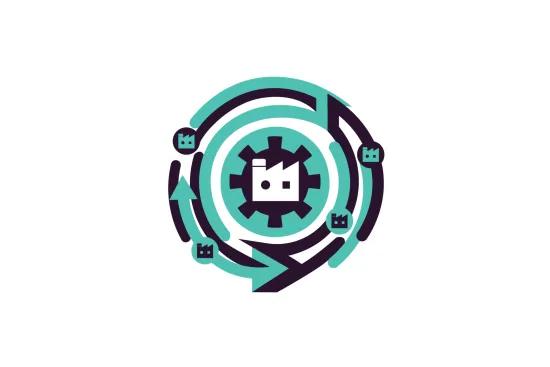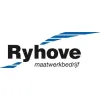
Remanumaat | More collaboration for circular strategies in the manufacturing industry
The Remanumaat project addresses the systemic obstacles that stand in the way of customisation in ReX activities and ecosystems. Due to its many unique advantages, customisation can contribute significantly to the success of ReX concepts in Flemish ecosystems. It constitutes an important lever for the further development of circular strategies in the manufacturing industry.
Context
The Flemish manufacturing industry recognises the potential impact of circular strategies such as Re-use, Re-pair, Re-manufacture and Re-furbish (summarised under the general heading ReX). But it struggles to translate these into economically viable business operations within its specific context and ecosystem.
A key component of the solution involves engaging in strategic partnerships with social enterprises. These organisations possess valuable resources, ideal for common ReX tasks, including disassembly, sorting, and cleaning. Yet, this aim faces several enduring challenges: managing variability, ensuring adequate solution capacity, navigating legal considerations, overcoming misconceptions, and the challenging initiation of circular partnerships.
Objective
Through an iterative and co-creative process, solutions are identified and tested, while supporting concepts and technologies are deployed to facilitate this process (e.g. collaborative forms and decision and operator support). This strategy is currently being refined and tested within a ReX ecosystem dedicated to reusable packaging for production logistics. All this in partnership with Conteyor and the customisation specialist, Ryhove.
This process involves several steps, including developing a common language and objectives, establishing the context and preconditions for co-creation and collaboration, and identifying and validating sweet spots based on the collective needs of manufacturing companies. Furthermore, hands-on experience is converted into enduring knowledge and insights, while elements of the business case are examined in real-world scenarios.
Through an iterative process, ideas are transformed into concepts, with targeted guidance and consulting on multiple fronts: assessing the product's influence on the organisation of remanufacturing activities, analysing production needs and prerequisites, choosing supportive technologies to streamline operational procedures, and tackling legal and regulatory considerations.
Business processes (supply, production, quality, sales ...) are also developed, prepared and validated in practice. During the 2-year project period, they explore possible partnerships and networks.
The results of the project will be widely disseminated and translated to five other ecosystems between companies and the customisation sector - specifically in the industry of machinery and mecha(tro)nical systems with high ReX potential. This will accelerate the further introduction and scale-up of ReX in the Flemish manufacturing industry, and contribute to a resilient circular manufacturing industry with a reduced material and carbon footprint.
Approach
The iterative approach is based on the needs of the manufacturing company and social enterprise, respectively. For manufacturing companies, this specifically involves the cost-effective integration of remanufacturing, partnerships to address labour market shortages, and outsourced aspects of remanufacturing to the social economy (including specific activities, volumes and frequencies).
Social enterprises, in turn, want to guarantee high-quality results and manage variability in workload. Additionally, they pinpoint activities that hold value for several companies, which can be centralized in an enclave, thereby justifying investments in operational capabilities. They also evaluate which certifications and approvals are essential for ensuring quality and compliance in remanufacturing processes.
In a second phase, there will be mutual company visits to get to know each other's strengths and concerns, followed by joint guided workshops and the concrete implementation of a variety of action points (tests, validations ...). There is close collaboration - including on supporting technology - to remove barriers and obstacles. Finally, both parties come together for co-creation and further collaboration. Feedback is given and evaluated, after which follow-up steps are determined to continue and improve the process.
Target group
This project focuses on specific Flemish ecosystems. These are companies in the manufacturing industry (discrete manufacturing) that focus on machinery, complex mecha(tro)nical products, electrical and/or electronic devices in a B2B context.
Indeed, in the manufacturing industry, those product categories have significant ReX potential. They are generally durable and have a relatively long useful life. They also often contain high-quality materials, or are produced through a high value-added manufacturing process (e.g. high embodied energy). In addition, you have a stable technology cycle longer than the useful life of the products.
They also have a sufficiently large fleet (installed base) and their design is geared as much as possible towards value preservation and associated circular activities: maintenance, repair, dismantling and remanufacturing.
Financing
- Living Lab Circular Economy: Read more about the supporting framework of this project call
- File number VNS.2023.0113







